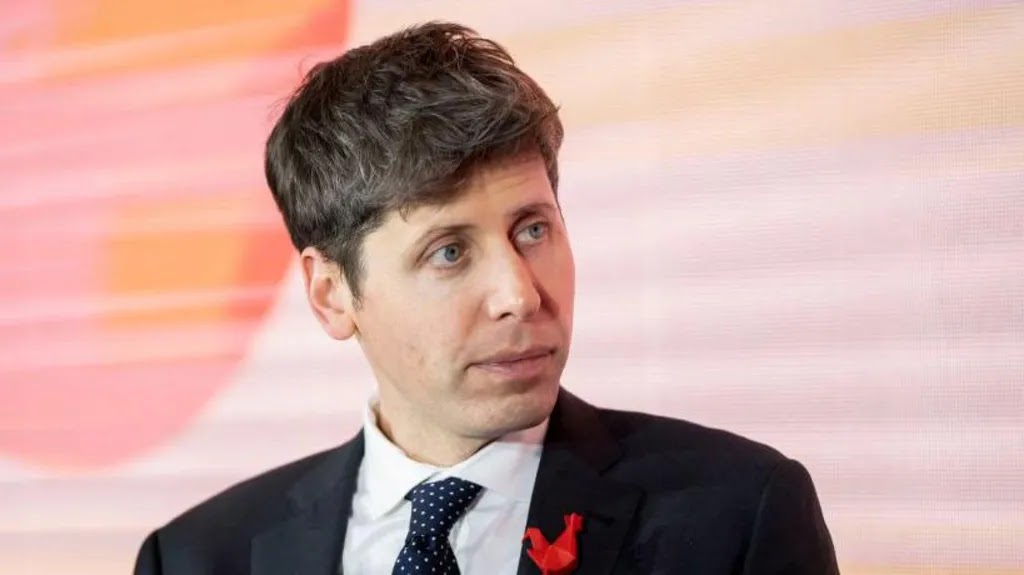Following a fierce power struggle over the company, OpenAI, the parent company of ChatGPT, an artificial intelligence service, has revealed a new governance structure.
Sam Altman, the company's boss, stated that OpenAI would continue to be governed by its for-profit board while transforming into what is referred to as a public benefit corporation in the United States.
In December, Mr. Altman presented a similar concept, although he did not specify the non-profit's control.
The update comes after the firm, which started out as a non-profit, came under intense scrutiny and was criticized by co-founder Elon Musk and others for deviating from its initial goal of developing technology for the good of humanity in its pursuit of expansion.
Geoffrey Hinton and other former OpenAI employees wrote to California and Delaware officials, who have authority over non-profits, last month, pleading with them to step in and stop the conversion.
The decision was taken "after hearing from civic leaders and engaging in constructive dialogue with the offices of the Attorney General of Delaware and the Attorney General of California," according to Bret Taylor, chairman of OpenAI.
According to Mr. Altman's Monday update, the non-profit would still be in charge of OpenAI and would get a "big" yet-to-be-determined share in the company's business division, allowing it to access funds for its own objectives.
The organization would still be able to cease operations under its current intricate governance structure, which had limited its earnings, he said, under the new strategy.
For investors, including Microsoft, that was a point of contention that made it more difficult for the company to raise capital.
"We are moving to a normal capital structure where everyone has stock," he wrote in a message to employees that was posted on the OpenAI website. "This is not a sale, but a change of structure to something simpler."
A public benefit corporation is also accountable for a public mission, in contrast to conventional for-profit businesses that are obligated to behave in the best interests of their shareholders.
Mr. Altman stated in the Monday update that he thought the company's goal of helping people "build incredible things for each other and continue to drive society and quality of life forward" was in line with expansion and expanding access to AI, which would require funding.
"It will, of course, not be all used for good, but we trust humanity and think the good will outweigh the bad by orders of magnitude," he stated.
To what degree the revised proposal will appease opponents or investors is unclear.
The former policy and ethics adviser for OpenAI, Page Hedley, who led the letter last month, said following the announcement that the update did not address questions like who would own the company's technology and how its objectives would be prioritized.
"We're glad that OpenAI is listening to concerns from civil society leaders ... but crucial questions remain," he stated.













0 Comments